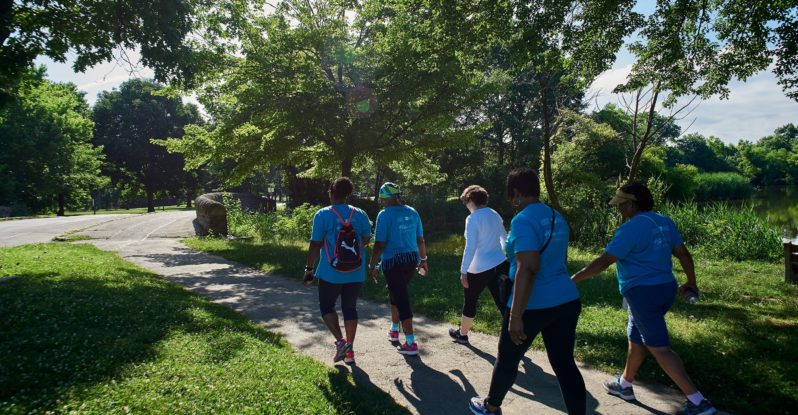For the last several weeks, we have undoubtedly been facing some of the most challenging times we have ever faced as a country and as a global community. With individuals, businesses, and nonprofits dealing with major uncertainties about what the future will hold, there has been much speculation about the final details of the various economic relief and stimulus packages.
On Friday, March 27, 2020, The Coronavirus Aid, Relief, and Economic Security (CARES) Act was signed into law. According to the U.S. Chamber of Commerce Foundation:
“The Coronavirus Aid, Relief, and Economic Security (CARES) Act allocated $350 billion to help small businesses and nonprofits keep workers employed amid the pandemic and economic downturn. Known as the Paycheck Protection Program, the initiative provides 100% federally guaranteed loans to eligible organizations. Importantly, these loans may be forgiven if borrowers maintain their payrolls during the crisis or restore their payrolls afterward. The administration soon will release more details including the list of lenders offering loans under the program. In the meantime, the U.S. Chamber of Commerce has issued this guide to help organizations understand what to expect and prepare to file for a loan.”
The Paycheck Protection Program is one program among five that are available to nonprofits. See below for more information.
On March 30, the U.S. Chamber of Commerce Foundation hosted a briefing on the emergency coronavirus funding for 501(c)(3) nonprofits. The following resources will be helpful as you navigate the various program requirements and the application process:
- Video recording of the briefing, featuring Neil Bradley, Executive Vice President and Chief Policy Officer at the U.S. Chamber of Commerce
- Copy of Neil Bradley’s slides
- Emergency Loan Guide, containing details and more information
- Guidance from the U.S. Small Business Administration
To summarize some key points:
1. Congress’ intent with COVID-19 Aid Relief is to help businesses and nonprofits retain employees.
Therefore, your eligibility for certain programs may be affected by your employee retention decisions. We suggest that you look at the information immediately to see what financial support may be available to you as you try to keep your employees on payroll.
2. There are five major provisions for nonprofits.
Please note that some provisions “interact” with others, meaning you may not be able to access one if you access another. Please see slide presentation for more information. The provisions include:
- Delay of Payroll Tax Remittance
- Employee Retention Credit
- Paycheck Protection Program
- SBA Economic Injury Disaster Loans
- Paid Sick and FMLA Leave
3. You are eligible if your organization is a 501(c)(3) with fewer than 500 employees.
4. 1099 contractors who are not on your payroll are not generally counted as employees.
Please see official guidance related to your particular situation. As “small businesses,” they would themselves be eligible for these same programs.
5. No collateral or personal guarantees are required for these loans.
6. Loans can be made up to 2.5 x the borrower’s average monthly payroll costs, not to exceed $10 million.
Please see the guide for how to calculate average monthly payroll costs.



